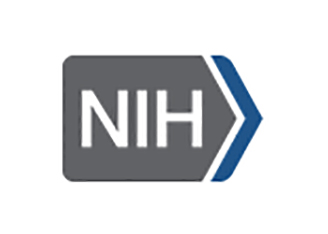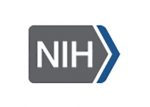In an effort to continue to encourage the development of technologies that address COVID-19, the NIH has awarded seven contracts for the development of digital health solutions. Selected from almost 200 ideas, the projects could lead to the development of more “user-friendly tools” like apps, wearables, technology for contact tracing, health monitoring for infected patients and technologies that focus on both medically underserved demographics as well as patients with inadequate access to healthcare. The technologies should also address patient privacy protection.
“Digital health technologies built around smartphones and wearable devices will play an essential role in guiding us through the COVID-19 pandemic,” said NIBIB Director Bruce J. Tromberg, Ph.D. in an agency news release.“These platforms can acquire large amounts of data from many different sources spanning from testing technologies to sensors. When this information is analyzed using cutting-edge computational and machine learning methods, everyone will have access to powerful new tools for reducing the risk of infection and returning to normal activities.”
The following companies received an NIH grant, which will be awarded in two phases:
- Evidation Health, Inc. Health measurement platform that analyzes patient-consented data to detect COVID-19.
- IBM. Contact tracing solution that includes verifiable health status reporting.
- iCrypto, Inc. Smartphone-based solution that provides proof of testing, serologic and vaccination status.
- physIQ, Inc. Platform that integrates artificial intelligence, data analytics and cloud computing with an FDA-approved wearable that monitors health status of COVID-19 positive patients.
- Shee Atika Enterprises, LLC. Smartphone-based app for monitoring COVID-19 symptoms that uses a Bluetooth-enabled thermometer and pulse oximeter (designed for underserved populations).
- University of California, San Francisco. GPS-based retroactive contact tracing solution that also includes information about businesses visited by COVID-positive patients, etc.
- Vibrent Health. Integrates mobile apps, data, and validated machine learning algorithms to differentiate COVID-19 from the flu and conduct contact tracing using Wi-Fi.






